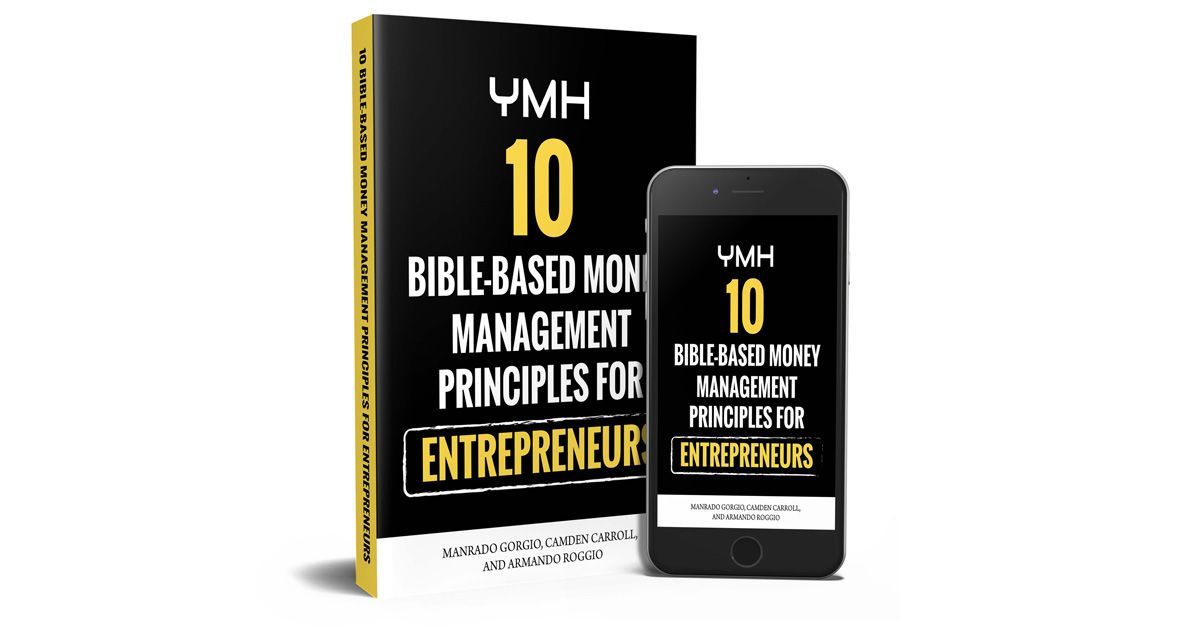The Principle of Frugality for Entrepreneurs
It is difficult for us to think about frugality without remembering a colonial American saying, "piety, industry, and frugality." The idea was that a good American was pious, believing in God. He was hard-working or industrious if you will. And the fellow was frugal.

Frugality means being careful with our resources and avoiding waste and unnecessary expenses.
It is difficult for us to think about frugality without remembering a colonial American saying, "piety, industry, and frugality." The idea was that a good American was pious, believing in God. He was hard-working or industrious if you will. And the fellow was frugal. He used his available resources to the best of his ability and wasted as little as possible.
In addition to and more important than our little American anecdote, the Bible offers several examples of frugality. In the book of Proverbs, the wise writer offers this advice: "Precious treasure and oil are in a wise man's dwelling, but a foolish man devours it" (Proverbs 21:20, ESV).
This verse reminds us that wise people are careful with their resources and avoid wasting them on frivolous things. It's important to be mindful of our spending and avoid unnecessary expenses so that we can be good stewards of the resources God has given us.
Another example of frugality in the Bible comes from the Gospel of John. After Jesus fed the 5,000 with just five loaves of bread and two fish, He instructed the disciples to gather up the leftover fragments. The disciples collected twelve baskets full of leftovers, which could be seen as an example of frugality, ensuring nothing was wasted (John 6:12-13, ESV).
As entrepreneurs, we can apply the principle of frugality to our businesses by carefully managing our expenses and avoiding waste. By being mindful of our spending, we can make the most of our resources and maximize our profitability. Frugality can also help us build a solid financial foundation for our businesses, allowing us to weather economic downturns and other challenges that may come our way.
One practical way to apply the principle of frugality is to create a budget and stick to it. By setting financial goals and creating a plan for achieving them, we can be intentional about our spending and avoid unnecessary expenses. We can also look for ways to cut costs, such as negotiating with vendors or finding ways to streamline our operations.
Ultimately, the principle of frugality reminds us to be good stewards of our resources, avoiding waste and unnecessary expenses. We can build a solid financial foundation and create a profitable, sustainable enterprise by applying this principle to our businesses.
One last point here being frugal does not mean never eating out, never giving to others, or never celebrating. Be frugal, but also live a little.

10 Bible-Based Money Management Principles for Entrepreneurs
This article is a reprint of a chapter in a 32-page e-book. In this e-book, you will find ten principles grounded in the Bible and relevant to personal nance and entrepreneurship. Each principle is briefly explained and includes practical tips or examples to help you apply it to your life and business.
